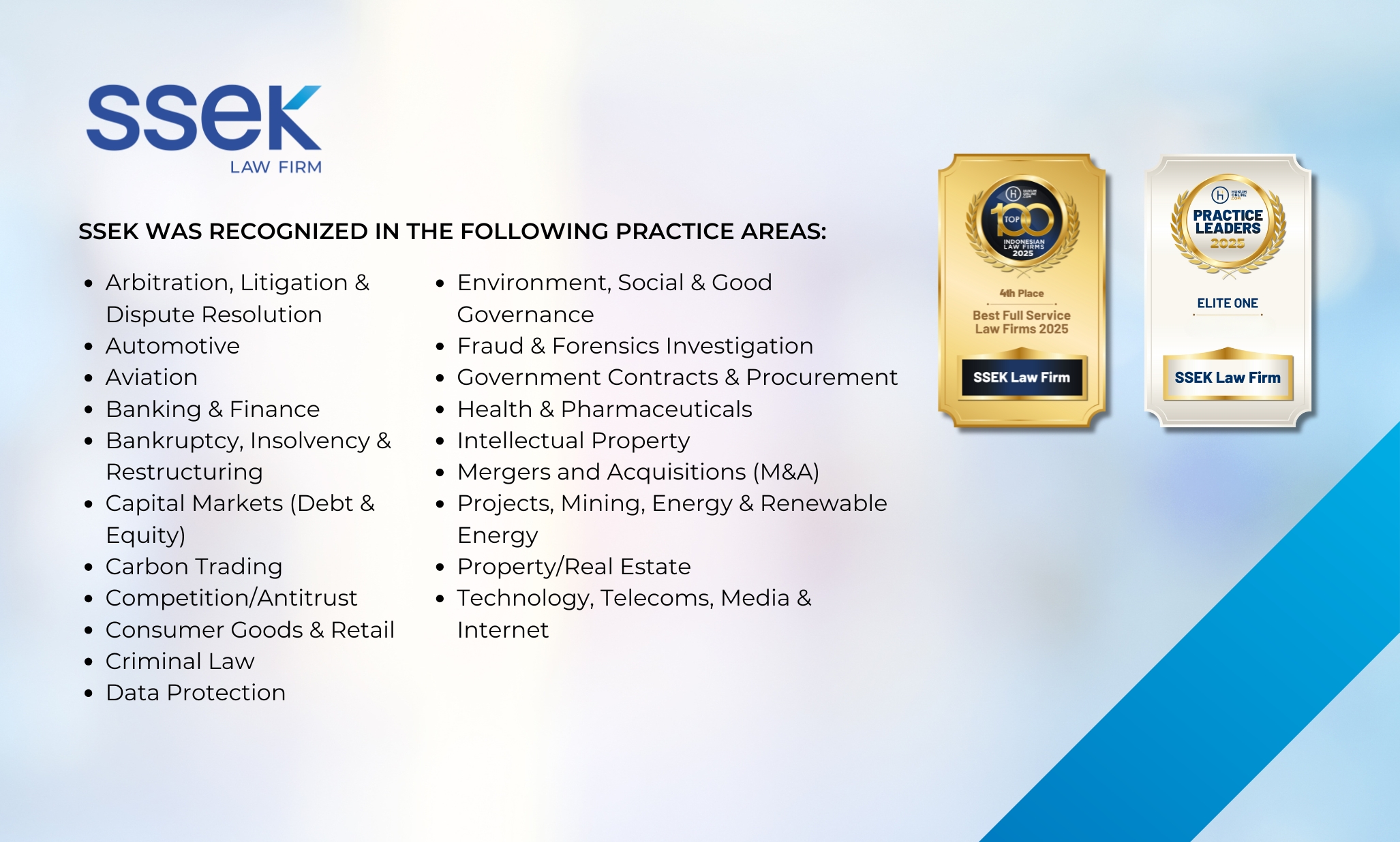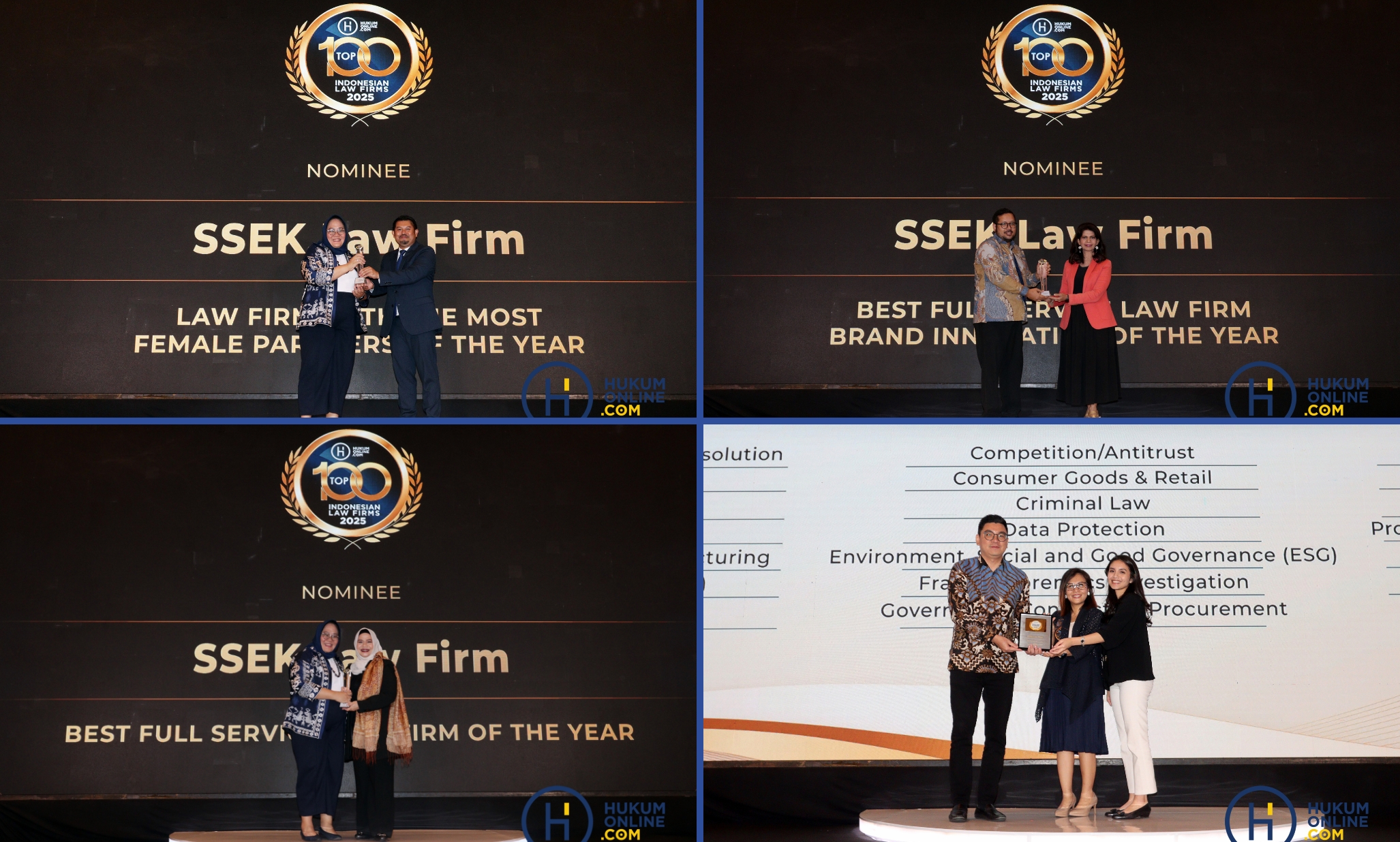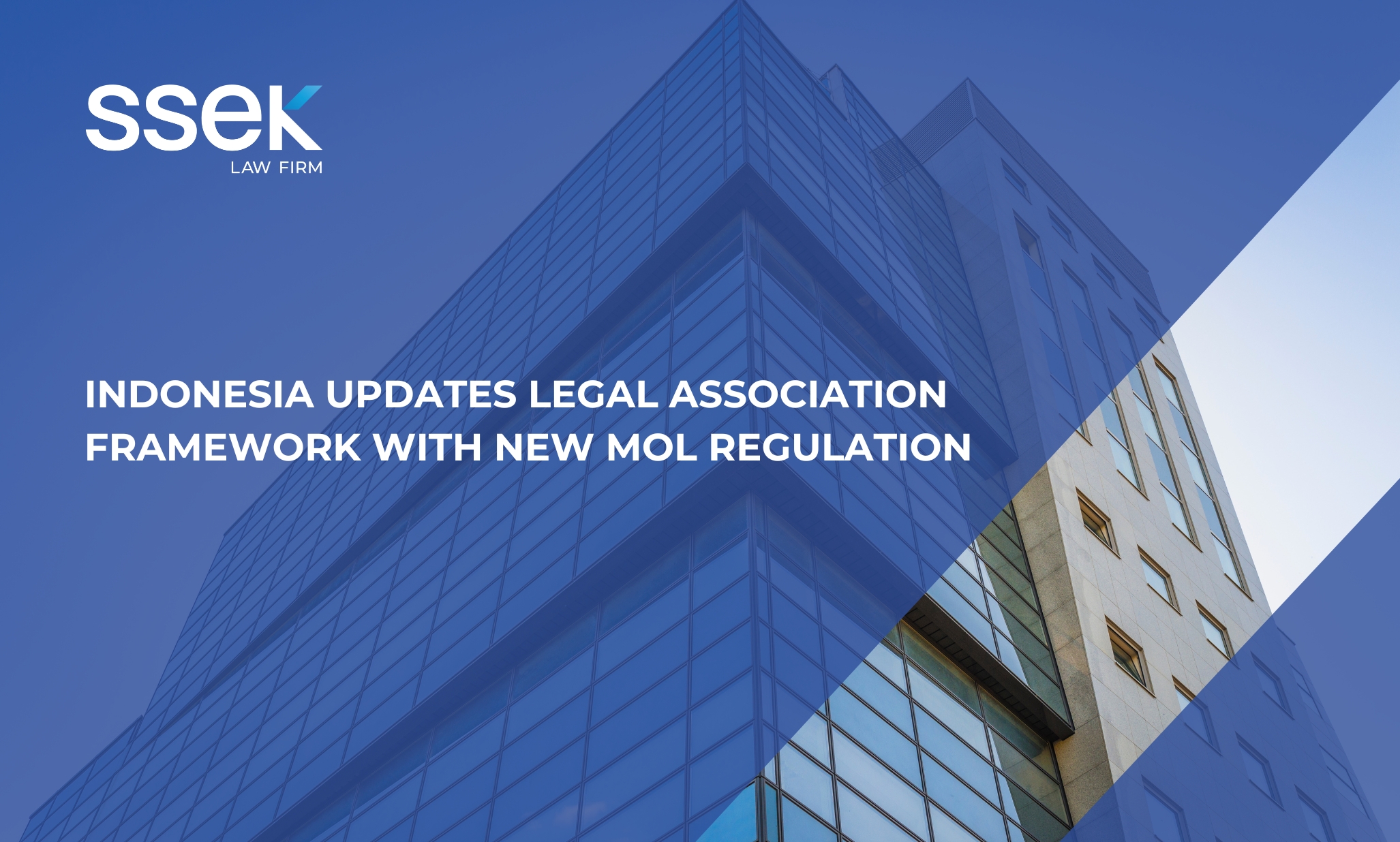


Indonesia’s Oil and Gas Law (Law No. 22 of 2021 regarding Oil and Gas, as last amended by Law No. 6 of 2023 regarding the Stipulation of Government Regulation in lieu of Law No. 2 of 2022 regarding Job Creation) liberalized the downstream market and effectively ended Pertamina’s monopoly on the sector.
Private entities can now enter the downstream sector by establishing a limited liability company in Indonesia and procuring the relevant downstream business license, subject to any applicable foreign shareholding restrictions stipulated in Presidential Regulation No. 10 of 2021 regarding the Investment List, as last amended by Presidential Regulation No. 49 of 2021 (the Investment List). In short, the Investment List contains the list of business lines that are open or closed for foreign investment.
Issuing Midstream/Downstream Licenses
The issuance of downstream business licenses is administered by the MEMR. In addition to obtaining the standard corporate licensing, business actors intending to conduct processing, transportation, storage or trading activities must apply for a business license for such activity from the Ministry of Energy and Mineral Resources (MEMR) via the Online Single Submission (OSS) system.
The procedure is regulated under MEMR Regulation No. 29 of 2017 regarding Licensing in Oil and Gas Business Activities (MEMR Reg 29/2017), as last amended by MEMR Regulation No. 52 of 2018. Generally, applicants must satisfy administrative requirements (ie, corporate deeds and taxpayer number) and technical requirements (i.e., feasibility study), which depend on their scope of business activity.
A single company can possess multiple downstream business licenses. The applicable business licenses in this sector are the Oil and Gas Processing License, the Oil and Gas Storage License, the Oil and Gas Transportation License, and the Oil and Gas Trading (Retail or Wholesale) License.
Fiscal Terms and Commercial Arrangements: Midstream/Downstream
Indonesia's downstream sector does not have specific fiscal terms or production sharing schemes.
As stipulated in BPH Migas Regulation No. 1 of 2023 regarding Procedures for Calculating and Determining the Tariff for Transportation of Natural Gas Through Pipelines (BPH Reg 1/2023), the Downstream Oil and Gas Regulatory Agency (BPH Migas) regulates the tariffs imposed for gas transportation. The operator must submit the proposed tariffs to BPH Migas and BPH Migas will verify and evaluate the proposed tariffs.
Pursuant to Government Regulation No. 48 of 2019 regarding the Amount and Use of Business Entity Fees in the Business Activities of Supplying and Distributing Fuel Oil and Transportation of Natural Gas Through Pipelines (GR 48/2019), companies holding wholesale trading business licenses, limited trading business licenses, processing business licenses for the distribution of oil as an expansion of the processing business, or specific licenses for the transmission of natural gas are required to pay a royalty fee to BPH Migas.
Excerpted from the Oil, Gas and the Transition to Renewables 2024 Chambers Global Practice Guide, published by Chambers and Partners.
Find Oil, Gas and the Transition to Renewables: Indonesia here.
Further reading:
Private Investment in Indonesia’s Upstream Oil & Gas Industry
This publication is intended for informational purposes only and does not constitute legal advice. Any reliance on the material contained herein is at the user’s own risk. All SSEK publications are copyrighted and may not be reproduced without the express written consent of SSEK.









